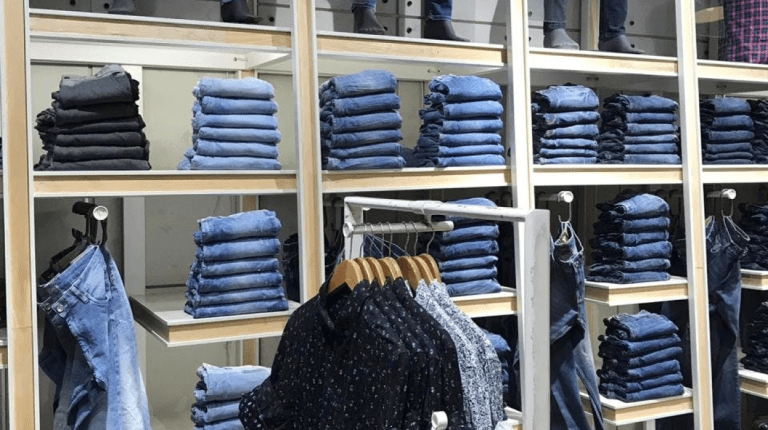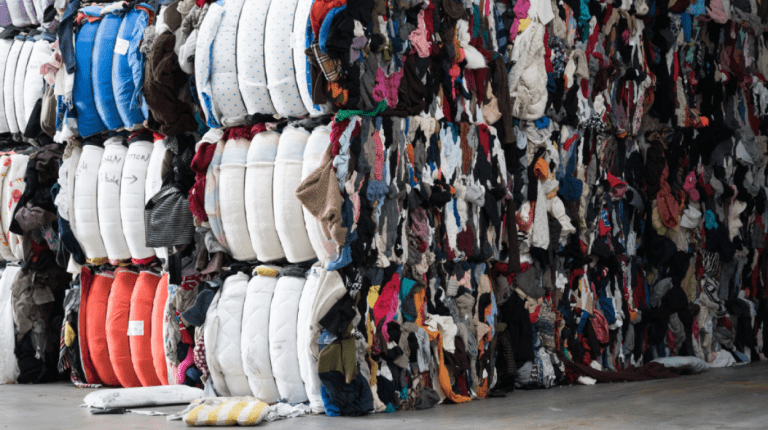As a retailer, the success of your clothing business depends heavily on the quality and reliability of your clothing supplier. Choosing the right supplier is crucial for maintaining a strong product offering, meeting customer demands, and ensuring your brand’s reputation.
In this blog post, we will explore key considerations to help you choose a clothing supplier wisely. From assessing product quality and production capabilities to evaluating communication and ethical practices, we will guide you through the essential factors to consider when selecting a clothing supplier for your retail business.
1. Product Quality
When choosing a clothing supplier, product quality should be a top priority. Assess the quality of the garments they produce by requesting samples or conducting product inspections. Look for attention to detail in stitching, fabric quality, and overall craftsmanship. Consistency in quality across different product lines and production batches is also important to ensure customer satisfaction.
2. Production Capacity
Evaluate the production capacity and lead times of potential clothing suppliers. Consider the volume of orders they can handle and their ability to meet your demand. Discuss lead times for production and delivery, ensuring they align with your inventory management and sales cycles. A reliable supplier should be able to consistently deliver orders on time, helping you meet customer expectations and avoid stockouts.
3. Communication and Responsiveness
Effective communication is vital in a successful supplier-retailer relationship. Evaluate the supplier’s communication skills and responsiveness during the evaluation process. Prompt and clear communication ensures that your needs and concerns are addressed in a timely manner. Look for a supplier who is proactive in providing updates on order status, addressing any issues, and maintaining open lines of communication.
4. Ethical Practices
As an ethical retailer, it is crucial to choose clothing suppliers who share your commitment to social and environmental responsibility. Inquire about their ethical practices, such as fair labor conditions, adherence to local laws and regulations, and responsible sourcing of materials. Consider certifications or memberships in industry organizations that promote ethical standards. Aligning with suppliers who prioritize sustainability and ethical practices not only reinforces your brand values but also contributes to a more responsible fashion industry.
5. Flexibility and Customization
Consider the level of flexibility and customization offered by potential clothing suppliers. Will they be able to accommodate specific design requests, labeling requirements, or packaging preferences? A supplier who can adapt to your needs and provide tailored solutions allows you to differentiate your brand and cater to specific customer preferences.
6. Financial Stability
Assess the financial stability of your clothing supplier to ensure a long-term partnership. A financially secure supplier is more likely to have the resources to invest in quality materials, advanced production technology, and skilled labor. Choosing a stable supplier minimizes the risk of interruptions in the supply chain and allows for consistent production and delivery.
Closing Remarks
Choosing a clothing supplier wisely is crucial for the success and reputation of your retail business. By considering factors such as product quality, production capacity, communication, ethical practices, flexibility, and financial stability, you can make an informed decision.
A reliable and responsible supplier will help you maintain a strong product offering, meet customer demands, and build a sustainable and ethical brand. Take the time to thoroughly evaluate potential suppliers to forge a long-term partnership that benefits both parties.











